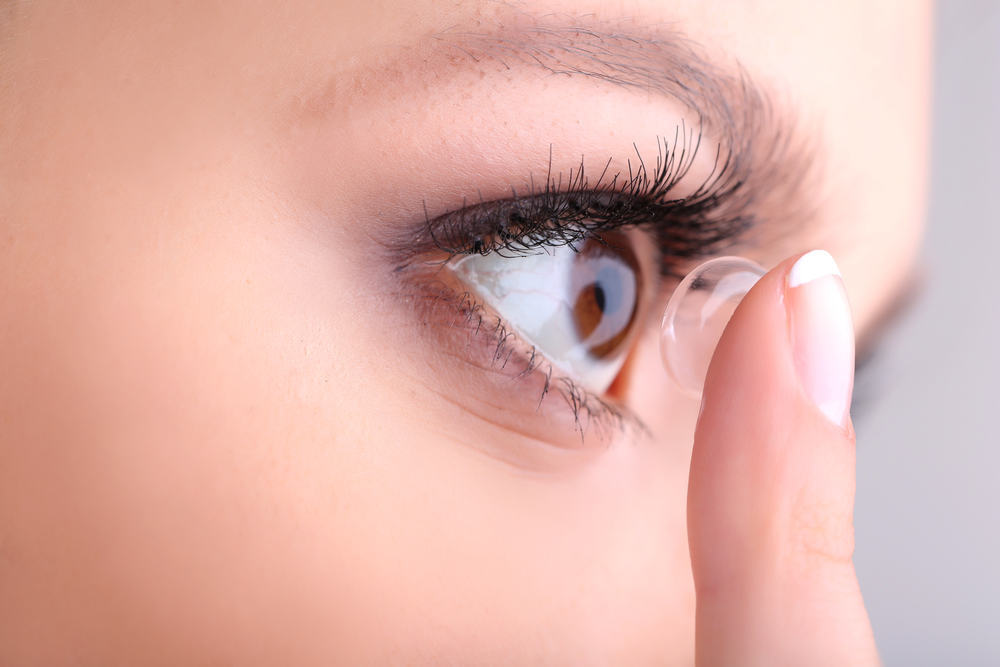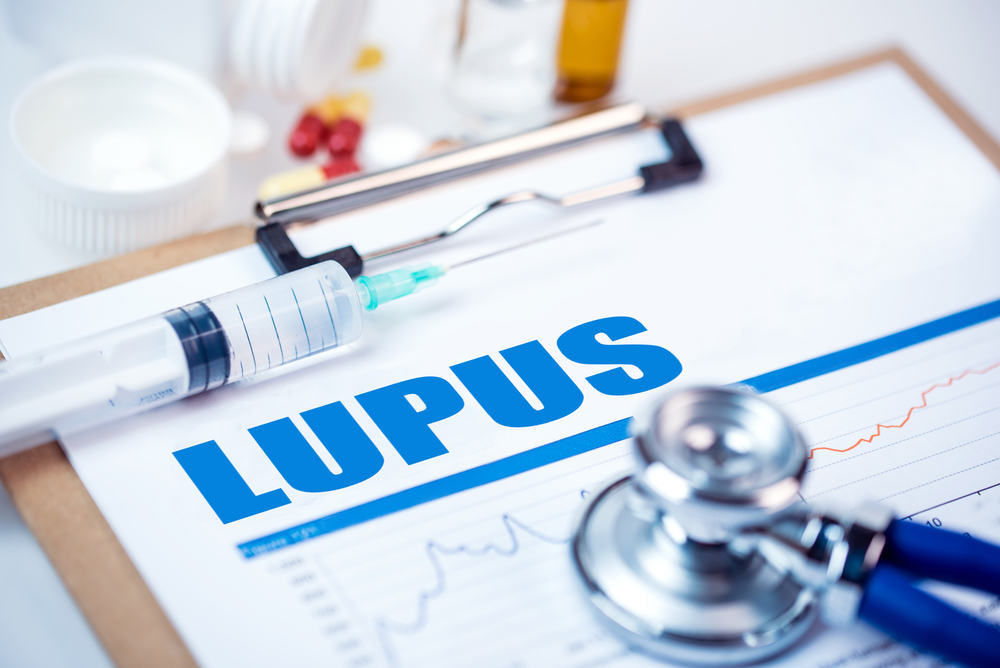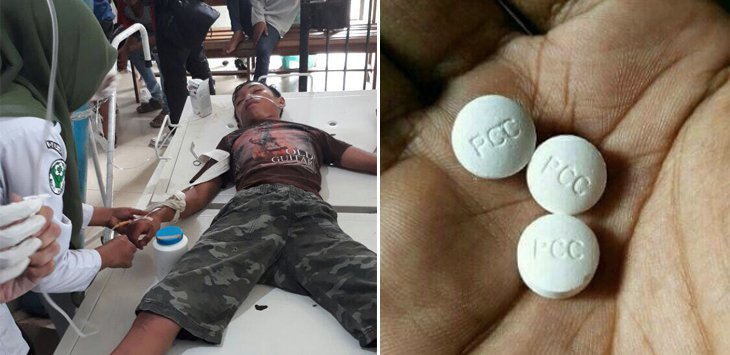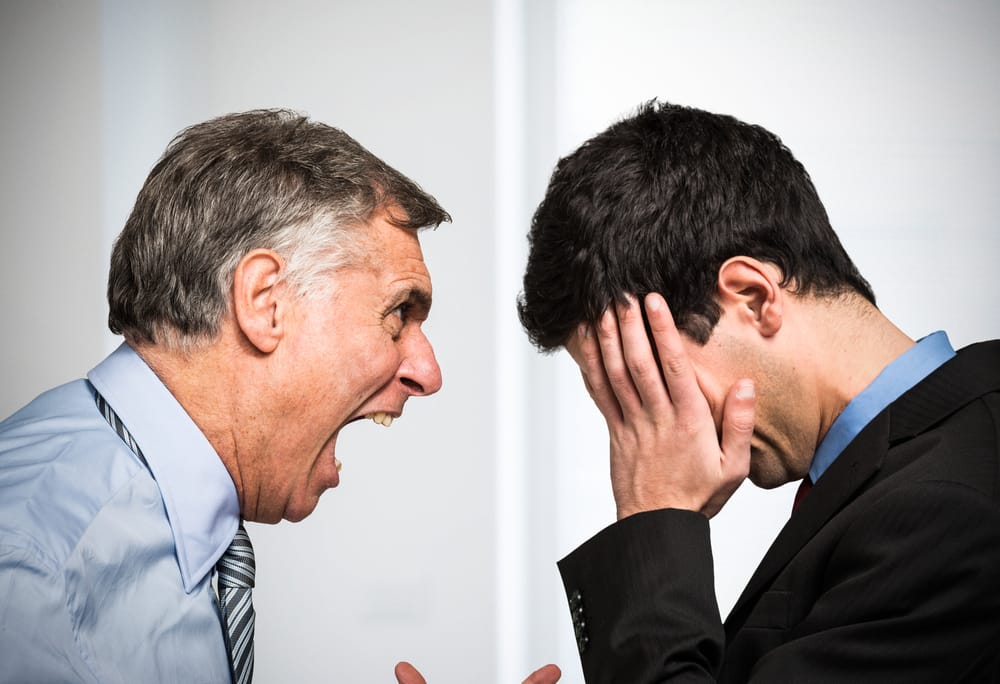Contents:
- Medical Video: Speech Language Pathology 2 : How to Recover Cognitive Skills After a Stroke
- Detect cognitive problems
- What problems can occur due to cognitive impairment?
- Concentration problem
- Memory problem
- Planning and problem solving problems (executive functions)
- Problems paying attention to things on the one hand (ignoring spatial layout)
- Moving problems or body control (apraxia)
- Movement problems and find your way around (visual perception)
- Confusion and rejection (anosognosia)
Medical Video: Speech Language Pathology 2 : How to Recover Cognitive Skills After a Stroke
Every second you receive a large amount of information from the world around you, the brain will understand, regulate and maintain that information. This is called cognition.
If cognition is affected, then you will find it difficult to concentrate or remember certain things. You can also find it difficult to know how to do something or know how to respond to what is happening around you. This is called cognitive problems or cognitive disorders.
Cognitive problems occur because of brain damage. Each part of your brain controls different things. If the part of the brain that controls cognition has been damaged by a stroke, it can affect your ability to do certain things.
Cognitive problems are common after strokes and most people experience some of the above difficulties.
Detect cognitive problems
It is difficult to realize cognitive problems when you are being treated in a hospital. In stroke units there are many things that happen and you tend to get a lot of help (the nurse will remind you to take your medication or help you find your way around).
For this reason, many people do not realize that they have cognitive problems due to stroke until they return home. Even you may not realize until you go back to work or start doing other activities such as driving.
When you are in the hospital, the stroke team must complete the assessment to find out if you have cognitive problems. However, cognitive assessment will only capture severe problems. A more detailed assessment is needed to find out the problem that the symptoms are not very clear, but this is less commonly used.
What problems can occur due to cognitive impairment?
Concentration problem
Your brain receives a large amount of information every second. In order to concentrate you need to decide what information you want to focus on and what information you want to ignore. Most people feel their concentration is affected after a stroke, especially in the early stages.
Concentration problems can affect you in various aspects, because we rely on concentration for all thought processes. If you don't concentrate, you can't absorb information, and you won't be able to remember it later or how to respond.
Other effects of stroke can make your concentration worse. Fatigue, pain, or emotional problems such as depression, all can affect your ability to receive information and stay focused.
Memory problem
We store all kinds of information in our memory. We remember things for different periods of time, which is why we have short-term memory and long-term memory.
Your short-term memory is like a temporary warehouse for information. This allows you to remember things for a long time so you can use them in the future. When you read a telephone number, for example, you use short-term memory to remember numbers for a few seconds then immediately call. Some people also call it working memory. If you need to remember something more than this, move it to your long-term memory.
Many people have problems with their memory after a stroke, especially in the first weeks and months. However, they don't always suffer from problems with the memory itself.
Most memory problems are actually caused by problems of concentration, because if you can't focus on what you are told, you will not be able to remember later. So if you experience your memory problems, you also have to think about ways to increase your concentration.
Planning and problem solving problems (executive functions)
Besides being able to take and store information, our brains carry out various other thought processes. Doctors and therapists call it executive function.
Executive functions are not just about planning and problem solving, they also cover all the things that allow us to organize, make decisions, and know when we need to do something. It also involves the way we monitor what is happening around us and adjust what we think and do when responding.
Problems paying attention to things on the one hand (ignoring spatial layout)
Stroke can damage your brain so that it no longer receives information from one side of your body. If this happens, you may not realize anything on one side, usually on the side of the body affected by stroke. This is called neglect or lack of attention.
These types of problems will be very obvious to the people around you, but you may not be aware of something wrong. This is because your brain does not know that something is missing. So, you won't realize you've lost a plate of food until someone tells you.
Moving problems or body control (apraxia)
Every time we move, our brain must plan what our body wants to do and make sure to do it in the right order. Stroke can affect your ability to do this, making it difficult to move parts of the body the way you want. This is called apraxia, although some people call it dyspraxia.
If you have apraxia, you will find it difficult to move when asked, even though you understand exactly how to do it. This is because apraxia is a problem in movement planning. So even if you can't wave properly when asked to wave, you can wave without problems reflexively when saying goodbye, because you do it without thinking.
Apraxia is very common after a stroke and may take a long time to repair, it can also be difficult to realize. Very often people assume that their problem is physical. However, a doctor or therapist must be able to detect apraxia through the assessment they do with you.
Movement problems and find your way around (visual perception)
We use information from our eyes to determine the size, shape, and position of the objects we see. Our brain uses it to find out how far the object is, where, and how it relates to other things. This is called visual or spatial perception.
Confusion and rejection (anosognosia)
Sometimes after a stroke, people are unable to recognize the effects that occur on them. So, you might not know that you have lost movement in your arms or legs, for example. This is called anosognosia.
If you experience confusion, it's due to movement or visual problems, although it can be caused by other problems as well. People who have neglect are more likely to experience anosognosia.
Anosognosia can be very sad, because you may not understand why you are in a hospital or why people think you cannot do things for yourself. We don't really understand why that happens, but this condition can be very common, especially in the early stages after a stroke. This can come and go, so you may not experience it all the time. However, it usually gets better and only lasts a few days or weeks in most cases. Only a small number of people continue to experience anosognosia for months after a stroke.












